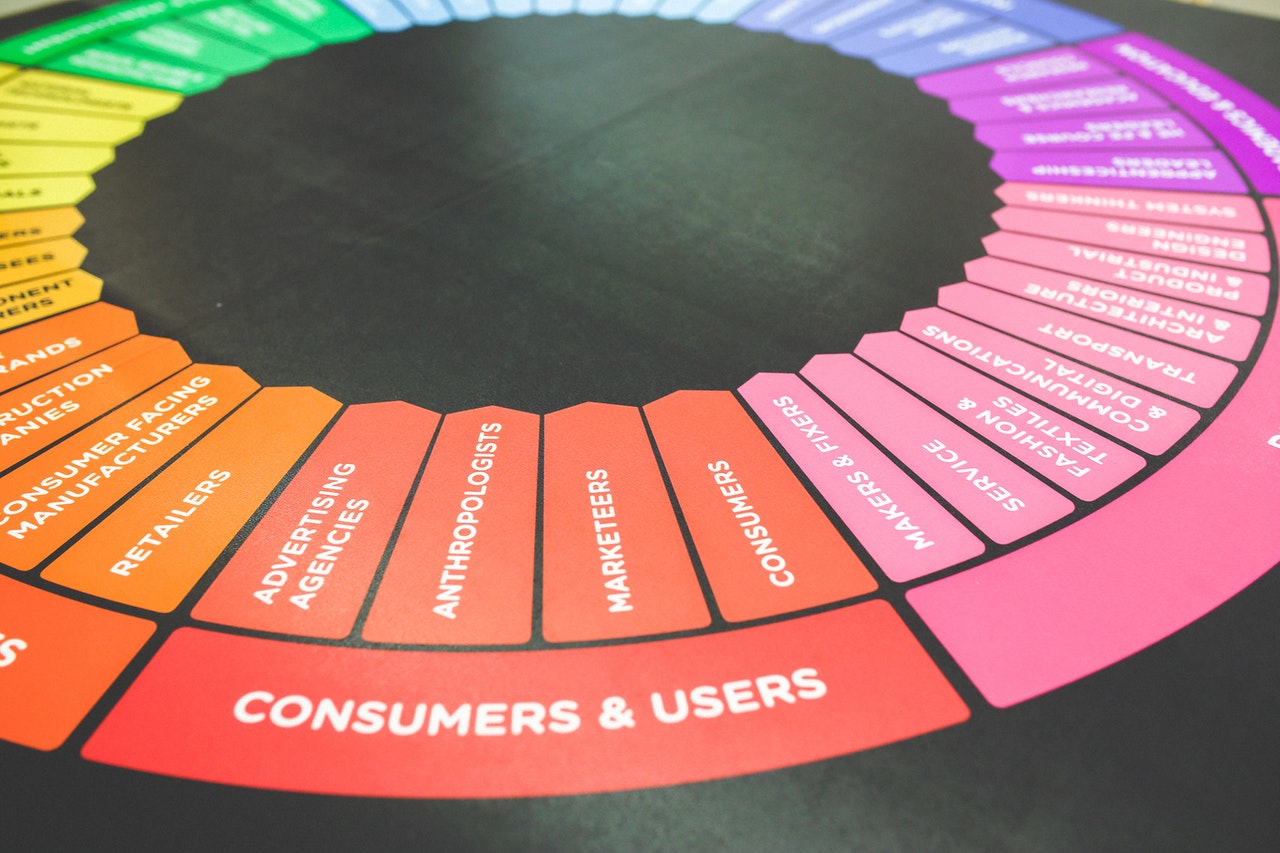Personal brands create competitive advantages that cannot be copied, eliminated by competition, or devalued by market changes, making them the most durable and valuable assets professionals can develop. Research from LinkedIn shows that strong personal brands increase earning potential by 23% on average, while Harvard Business Review found that executives with established personal brands command 67% higher compensation and receive 5x more opportunities than equally qualified professionals without brand recognition.
1. Immunity to Economic Disruption and Market Changes
1.1 Recession-Proof Professional Value
Strong personal brands provide protection during economic downturns by creating demand for your specific expertise and reputation rather than generic job categories. Branded professionals often find opportunities even during market contractions while others struggle with unemployment or reduced compensation.
1.2 Industry Transition and Career Pivots
Personal brands built around transferable skills and thought leadership enable smooth transitions between industries, roles, or business models. Your reputation and network follow you across changes while providing credibility in new contexts.
1.3 Automation and AI Displacement Protection
Personal brands emphasize uniquely human qualities—creativity, judgment, relationships, communication—that artificial intelligence cannot replicate. Branded professionals focus on high-level strategy and relationship work that remains valuable despite technological advancement.
1.4 Global Market Access and Geographic Flexibility
Strong personal brands transcend geographic limitations, providing access to global opportunities and remote work options. Digital brand presence enables worldwide client access and business opportunities independent of local market conditions.
2. Premium Pricing and Value Creation Capabilities
2.1 Expertise-Based Premium Positioning
Personal brands enable premium pricing through demonstrated expertise and unique positioning rather than competing on commodity pricing. Recognized experts command higher fees while providing clear value propositions that justify premium investments.
2.2 Trust-Based Selling and Reduced Sales Cycles
Established personal brands reduce client acquisition time and sales complexity through pre-existing trust and credibility. Prospects approach branded professionals already convinced of their expertise, shortening sales cycles and increasing conversion rates.
2.3 Value Perception and Client Investment
Strong personal brands shift client focus from cost considerations to value realization and outcome achievement. Branded professionals attract clients seeking results rather than lowest prices, creating sustainable competitive advantages.
2.4 Referral Generation and Organic Growth
Personal brands generate consistent referrals through satisfied clients and professional networks, reducing marketing costs while providing high-quality leads. Brand recognition creates referral confidence that drives organic business growth.
3. Network Effects and Relationship Multiplication
3.1 Industry Influence and Thought Leadership
Personal brands provide platforms for sharing insights and expertise that build industry influence and thought leadership. Thought leaders access exclusive opportunities, partnerships, and insider information that accelerate career advancement.
3.2 Strategic Partnership and Collaboration Access
Strong personal brands attract collaboration opportunities with other established professionals and organizations. These partnerships create mutual value while expanding reach and capabilities beyond individual limitations.
3.3 Mentorship and Knowledge Access
Recognized personal brands facilitate access to industry leaders, mentors, and exclusive knowledge that accelerates learning and development. Brand recognition opens doors to relationships and information otherwise unavailable.
3.4 Community Building and Audience Development
Personal brands enable building engaged communities around shared interests or expertise areas. These communities provide ongoing value through feedback, opportunities, and advocacy that support business development.
4. Career Security and Professional Mobility
4.1 Multiple Income Stream Development
Personal brands support diverse revenue streams through consulting, speaking, products, and partnership opportunities beyond traditional employment. Income diversification provides security while creating scalable earning potential.
4.2 Employer Independence and Negotiation Power
Strong personal brands reduce dependency on specific employers while increasing negotiation power for compensation, terms, and working conditions. Brand recognition creates options that strengthen professional positioning.
4.3 Succession Planning and Legacy Building
Personal brands create lasting professional value that can be leveraged throughout entire careers and potentially transferred or licensed to others. Brand building represents long-term investment in sustainable competitive advantages.
4.4 Crisis Recovery and Reputation Management
Established personal brands provide resilience during professional setbacks or crises through existing goodwill and relationships. Strong brands enable faster recovery from mistakes or negative events through community support.
5. Digital Asset Creation and Content Leverage
5.1 Content Creation and Intellectual Property
Personal brand development creates valuable content assets including articles, videos, courses, and thought leadership materials that generate ongoing value. Content creation builds expertise demonstration while creating scalable business assets.
5.2 Search Engine Visibility and Discovery
Personal brands improve online visibility and search rankings for your name and expertise areas, making you discoverable by potential clients and opportunities. SEO benefits compound over time while creating sustainable competitive advantages.
5.3 Social Media Leverage and Audience Building
Personal brands enable building engaged social media followings that provide direct access to target audiences for business development. Social platforms amplify brand reach while creating marketing assets and customer touchpoints.
5.4 Media Coverage and PR Opportunities
Strong personal brands attract media attention and speaking opportunities that provide free publicity and credibility building. Media coverage extends brand reach while establishing third-party validation of expertise.
6. Innovation and Entrepreneurship Advantages
6.1 Customer Validation and Market Testing
Personal brands provide built-in audiences for testing new ideas, products, or services before significant investment. Brand communities offer feedback and early adoption that reduces business risks and accelerates development.
6.2 Investment and Funding Access
Personal brands improve access to funding opportunities through increased credibility and network connections with investors and business partners. Strong brands reduce investment risk perception while demonstrating market validation.
6.3 Team Attraction and Talent Recruitment
Established personal brands attract high-quality team members and partners who want to work with recognized experts. Brand recognition improves recruitment while reducing talent acquisition costs and competition.
6.4 Market Entry and Competitive Advantages
Personal brands provide immediate market credibility and customer trust that new ventures typically require months or years to develop. Brand recognition accelerates market entry while creating barriers for competitors.
7. Long-Term Wealth Building and Asset Protection
7.1 Compound Growth and Network Effects
Personal brands compound in value over time through increased recognition, expanded networks, and accumulated achievements. Long-term brand building creates exponential returns through network effects and reputation leverage.
7.2 Intellectual Property and Licensing Opportunities
Strong personal brands enable creating and licensing intellectual property including courses, methodologies, and branded frameworks. IP creation provides scalable income streams while building lasting business assets.
7.3 Speaking and Consulting Premium Rates
Personal brands command premium rates for speaking engagements, consulting work, and advisory roles based on reputation and demonstrated expertise. Brand recognition enables premium pricing while providing fulfilling work opportunities.
7.4 Business Valuation and Exit Strategies
Personal brands increase business valuation and exit opportunities by creating intangible assets and customer loyalty that extend beyond operational capabilities. Brand value enhances business sale potential while providing ongoing licensing opportunities.
Conclusion
Your personal brand represents the most valuable and durable asset you can develop because it cannot be copied, eliminated, or devalued by external forces while providing compound returns throughout your entire career. Unlike traditional assets that depreciate or become obsolete, personal brands increase in value through time, experience, and relationship building. The key to leveraging personal brand power lies in consistent value creation, authentic relationship building, and systematic reputation development across multiple channels and touchpoints. Invest in your personal brand development as seriously as any financial asset—the returns will exceed expectations while providing career security, premium earning potential, and professional fulfillment that traditional job security cannot match.











